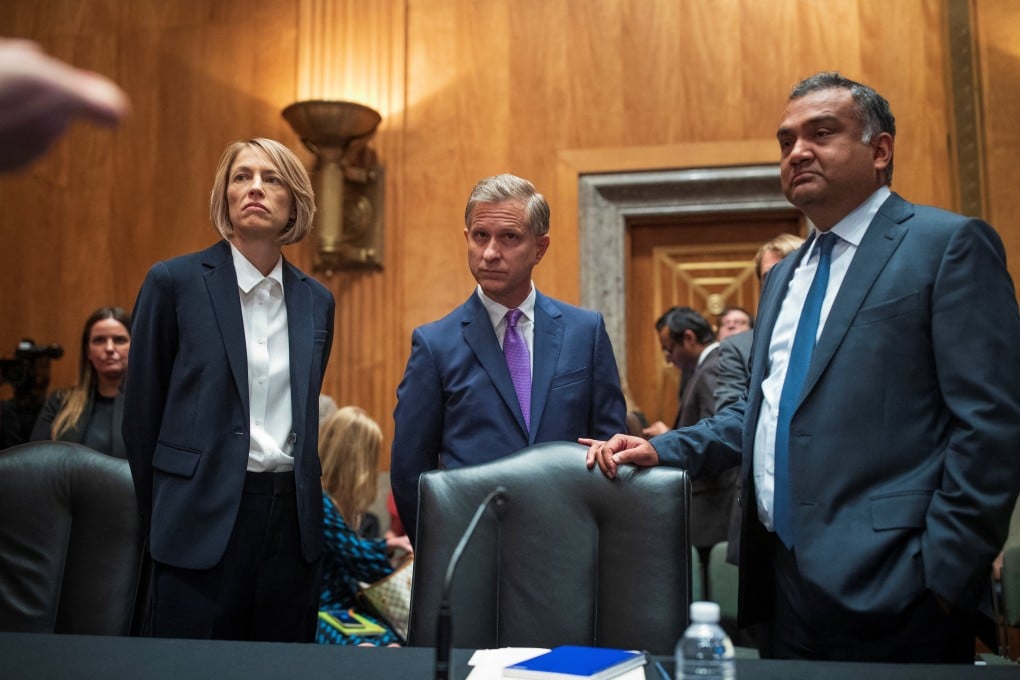Advertisement
Opinion | US piecemeal approach to data security leaves Americans vulnerable to foreign tech companies
- Joe Biden’s executive order to prevent foreign firms from acquiring Americans’ data offers another limited solution to a pervasive problem
- US data protection laws are patchy, with a distinct lack of national infrastructure for long-term, bipartisan oversight
Reading Time:3 minutes
Why you can trust SCMP
1

On September 15, US President Joe Biden released an executive order designed to address concerns about data-gathering by foreign – specifically, Chinese – tech firms like TikTok
The order directs the Committee on Foreign Investment in the United States (CFIUS), a government panel that reviews the national security implications of foreign investments in US companies, to pay close attention to deals that could give foreign entities access to the sensitive data of Americans.
The need for tougher security laws was highlighted two days earlier on September 13, when social media executives were called to defend their platforms before Congress. Among them was Vanessa Pappas, chief operating officer of TikTok.
Advertisement
During her testimony, Pappas repeatedly dodged questions about whether the Chinese government had access to the data of US nationals. Instead, Pappas argued that TikTok would protect user data in ways that would satisfy the US government’s security requirements.
The Biden administration’s executive order appears as a strong response to the fragmented data security environment in the US. Currently, TikTok and other firms operating in the US can legally export a good deal of data abroad for access by other governments – a kind of “data trafficking”.
Advertisement
Yet while a crucial step toward limiting data trafficking, the order exemplifies three fundamental flaws in US government data practices.
Advertisement
Select Voice
Select Speed
1.00x
